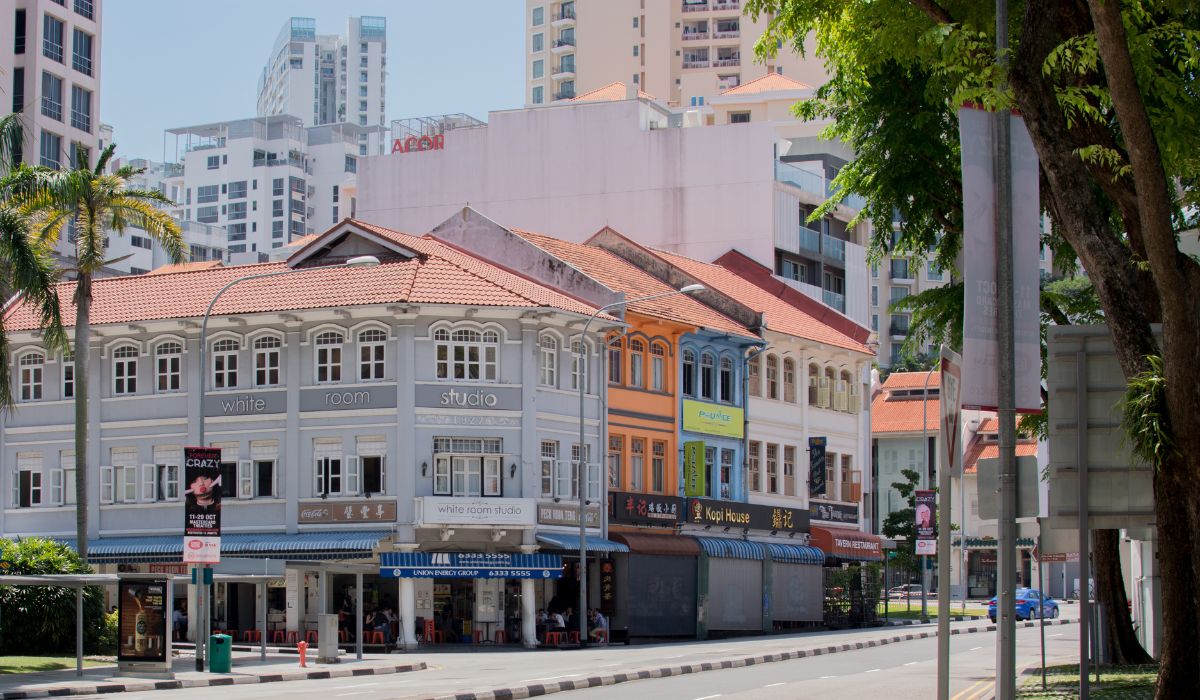Logistics industry in need of new workers
The logistics industry is extremely important to help Singapore meet the needs of moving items from one point to another. Unfortunately, the essence of the work has become its greatest problem. This is because for young people, the industry conjures unappealing images of workers unloading heavy boxes in the sun.
However, supply-chain management needs young leaders with innovativeness and IT savviness.
More from OMY: Searches on AI-related jobs jump to 148.6%
The need is now greater as businesses navigate disruptions to global trade caused by the pandemic. Around 23 out of the top 25 global logistics companies have operations in Singapore, with many of them basing their regional HQ in the country.
Companies like 3M, Procter & Gamble, Dole, Henkel, and Johnson & Johnson have also made the country their hub for supply-chain management.
“This is a constant problem. During the Covid-19 pandemic, some operators and people in customer services were displaced. The foreigners left the country and never returned. Other sectors like retail as well as food and beverage are also grappling with similar manpower issues,” said Eddie Lim, an executive director at the Singapore Logistics Association, referring to the problem of manpower shortage.
“So what you see is a churn among the sectors because the skill sets for the rank and file are not generic and can be exported to other sectors.”
According to Faizal Yahya, a senior research fellow in the Governance and Economy Department at the Institute of Policy Studies, there is a need to engage with Gen Z.
Experts say that the youth should know that the logistics industry is broader than shipping and goods handling. It also includes sourcing, merchandising, planning, sales, operations, and sustainability.
“Any shortage of supply-chain talent such as the middle managers would disrupt supply-chain operations. This would impact Singapore as a regional transit and distribution hub for various industries,” said Faisal.
In 2021, Singapore had over 70,000 professionals working in the supply-chain industry.
Currently, there are government programmes to help companies beat the talent crunch. Private companies are making an effort to do the same thing such as in-house training.
More from OMY: How to Earn Passive Income in Singapore: Your Ultimate Guide







